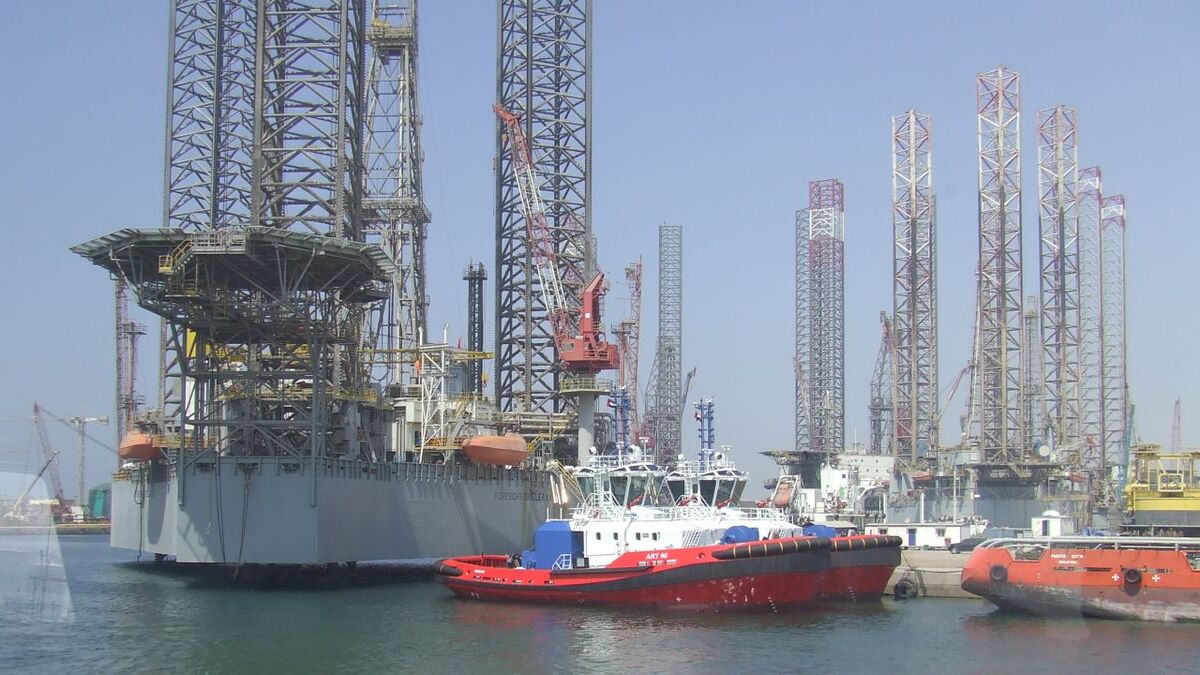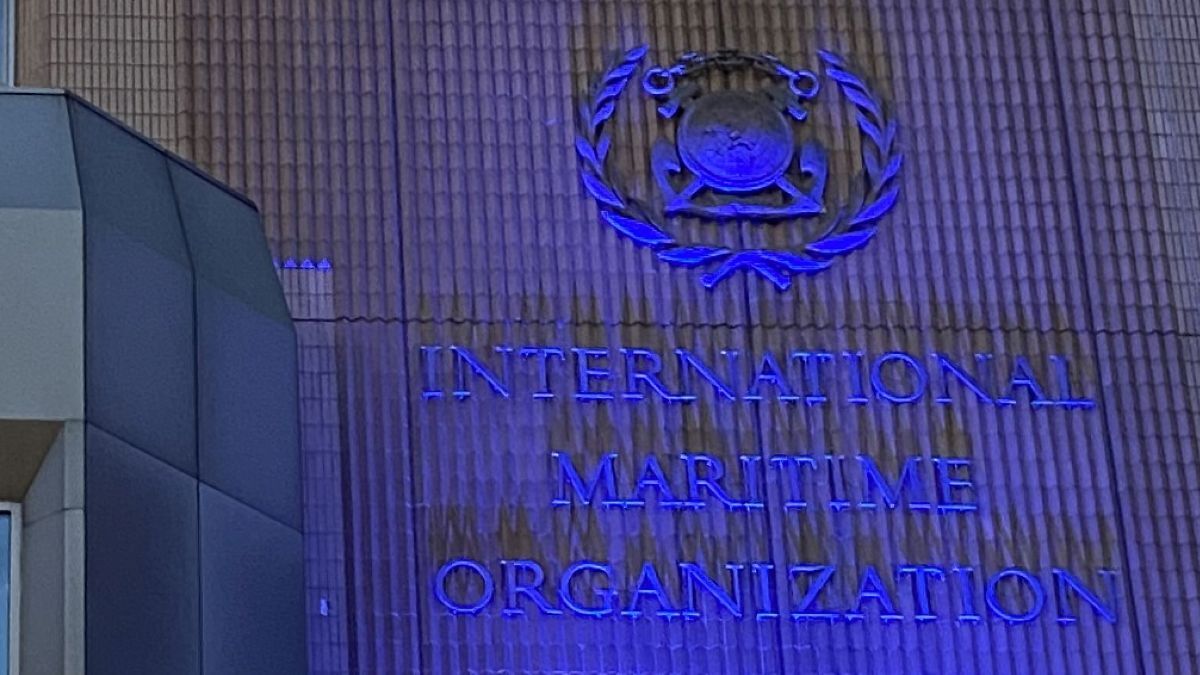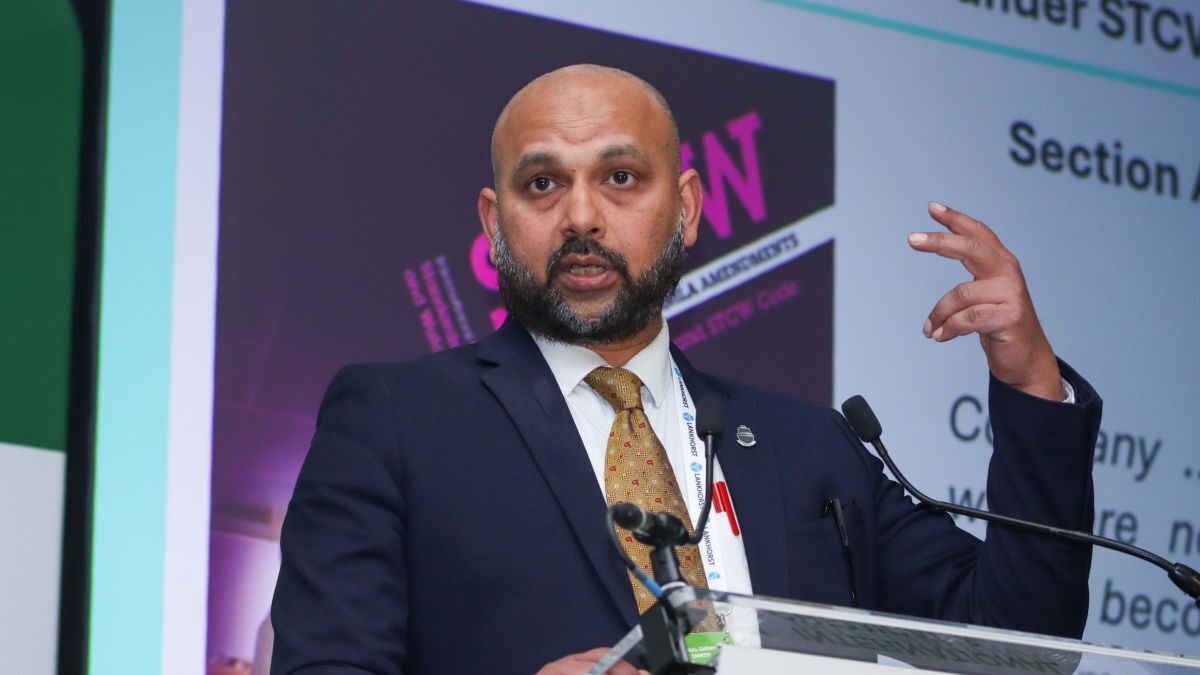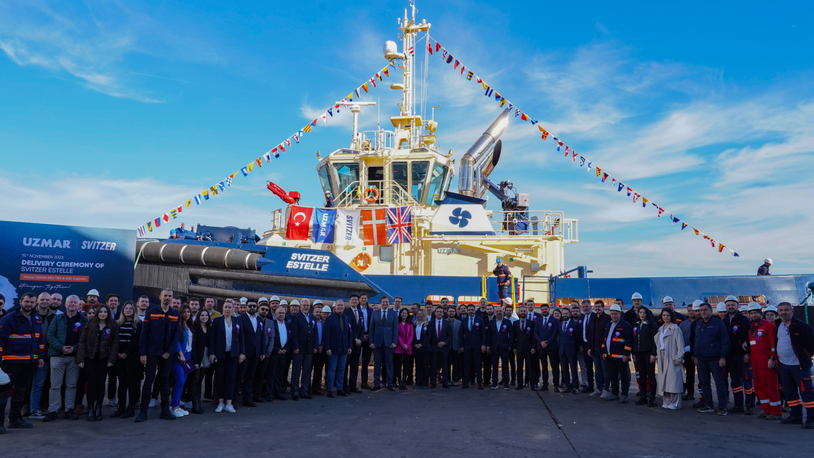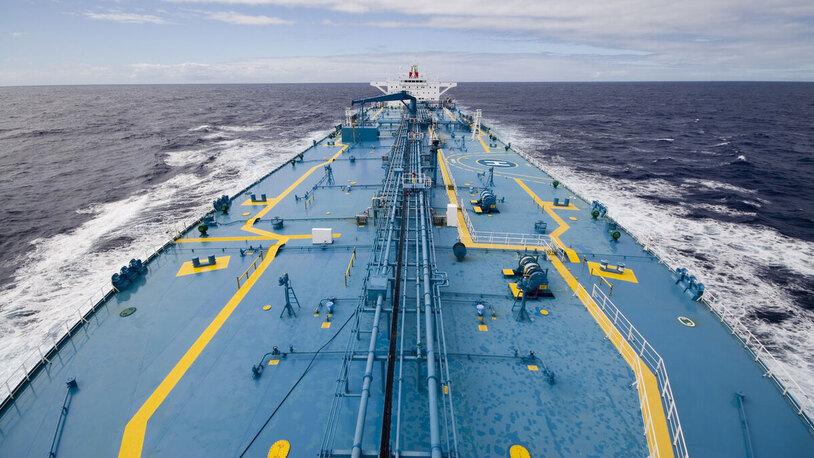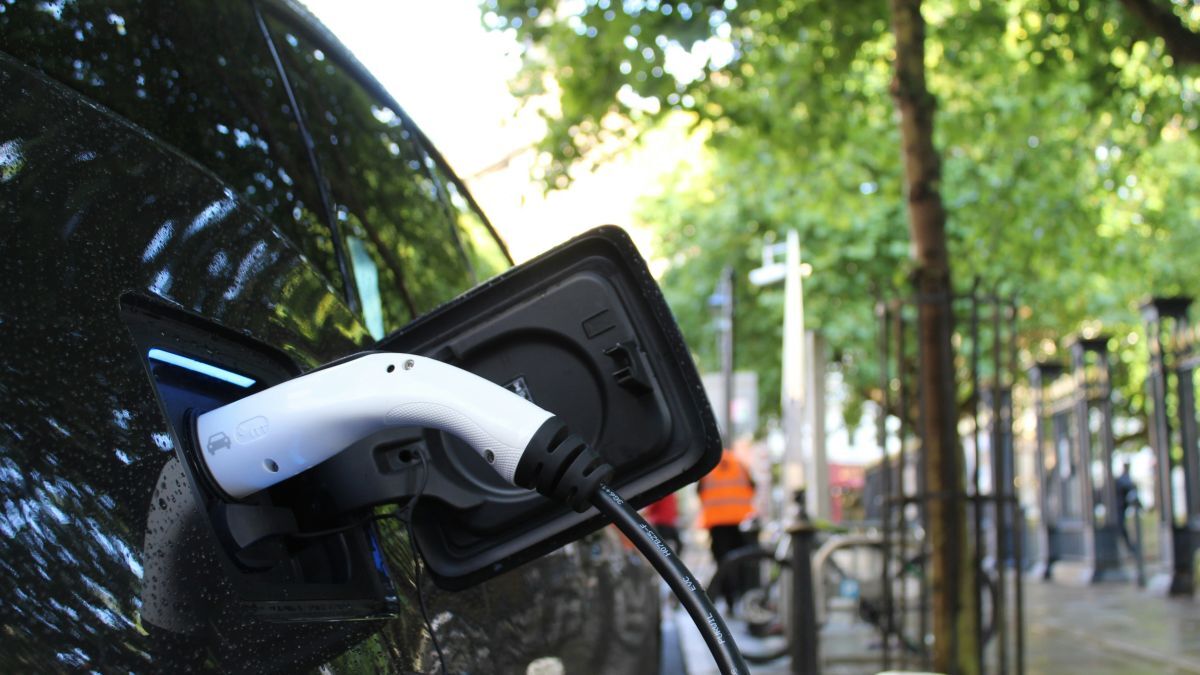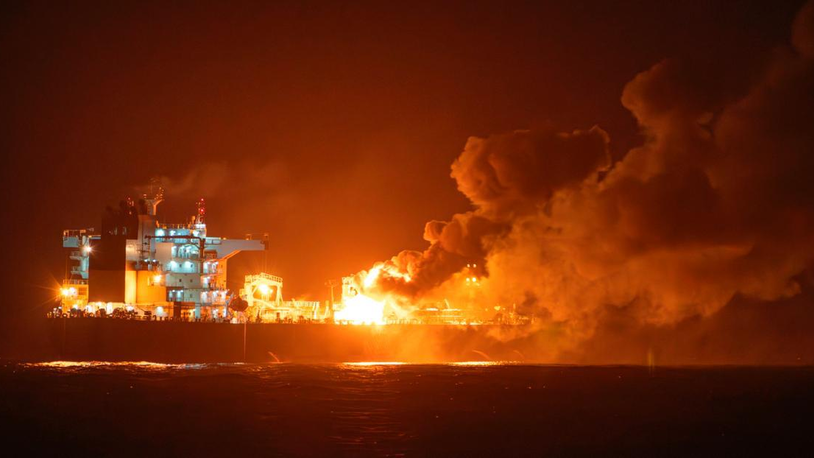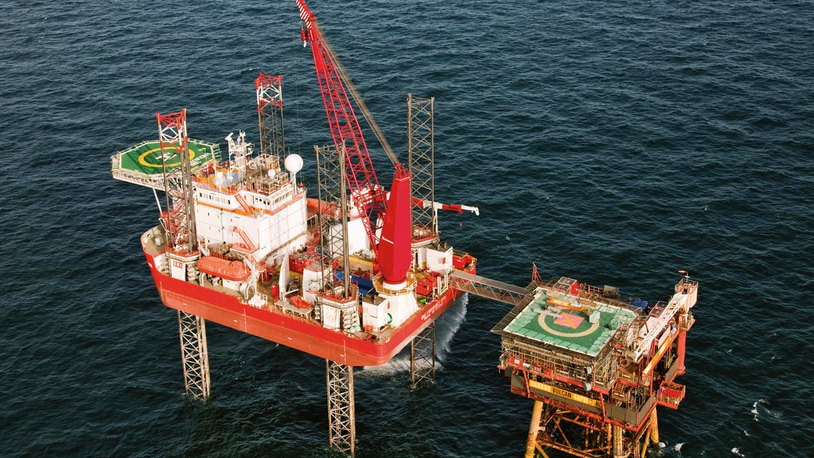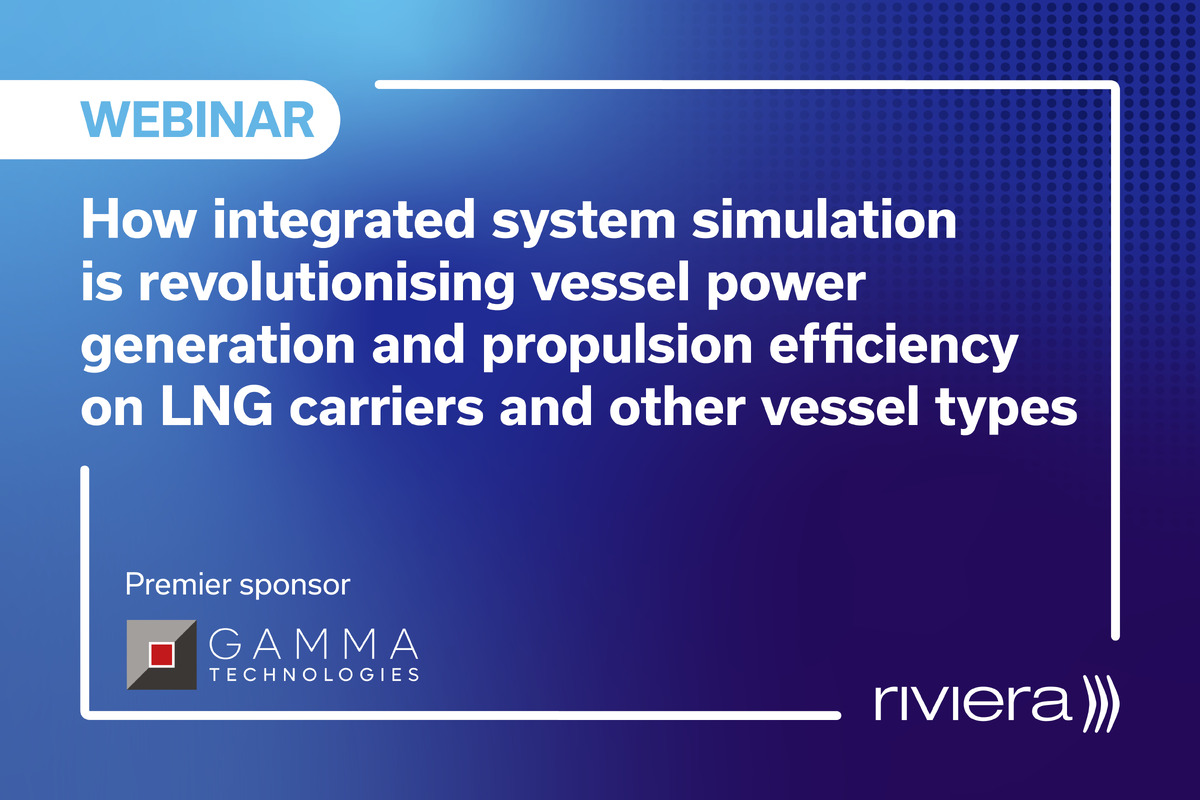Business Sectors
Events
Contents
What to do about the laid-up, oversupplied OSV market
Offshore vessel owners must somehow address the huge number of laid-up vessels to repair the damaged OSV sector, said experts at Riviera’s Offshore Support Journal, Middle East Virtual Conference
ABC Maritime head of offshore George Horsington, Maritime Strategies International senior offshore analyst Ferenc Pasztor and Tufton Oceanic (Middle East) director Marcus Machin highlighted the massive oversupply issues facing the global OSV sector at a time when demand is impacted by the global coronavirus pandemic.
Mr Horsington said the industry’s current woes stem from the boom period when the worldwide OSV fleet blossomed to more than 3,000 vessels by 2015 after a five-year “frenzy of newbuilding”.
But the slump in oil prices from US$145 to $45 per barrel led to degradation of global demand for OSVs and a lengthy and still ongoing recession in the sector.
Mr Horsington said there are more than 1,000 vessels laid up worldwide, with owners unable to bring them back into service or recycle them -- compounding already low utilisation rates.
“There are many thousands of reasons for low day rates and these are the thousands of inactive vessels,” he said.
The majority of the laid-up vessels are more than 10 years old, meaning it would be uneconomical to reactivate them, especially when demand has shrunk further due to the Covid pandemic.
“The cost of reactivating vessels is increasing and the industry has a cash shortage, so owners cannot invest in laid-up vessels,” he explained.
Dr Pasztor agreed and said he expects issues to continue into 2021. With around 4,000 platform supply vessels and anchor handling tugs in the global fleet, he said around 1,000 of these are laid up and inactive.
“Demand has started to drop again this year because of Covid-19 and its effects on oil demand, wiping out much of the exploration activity and its effects on sanctioning of projects,” Dr Pasztor said.
Offshore project contract awards had crashed from a high of US$60Bn in 2019 down to US$10Bn in 2020, he said.
“Some projects already sanctioned have been put on hold, which is rare even in a downturn, demonstrating the difficulties of the industry,” said Dr Pasztor.
Mr Machin explained how the long-term downturn in the OSV sector had led to difficulties in securing ongoing finance for investments.
“High levels of uncertainty, volatile oil prices, dents in global oil demand growth and the impacts from Covid-19 have led to downgrades and corporate defaults,” said Mr Machin.
He said banks worldwide had their own business challenges and had seen impairments on investments. “Banks under pressure will not be major providers of capital,” said Mr Machin.
There could be finance available for projects, such as investment in floating production storage and offloading ships for deepwater oil projects, and potentially from private equity instead. “But oil and gas is not attractive to financiers or funding,” said Mr Machin.
Sessions earlier in the Offshore Support Journal, Middle East virtual conference on 9 November covered the impact from Covid-19 on the offshore oil and gas sector; a regional round-up of the key challenges and project delays and a session on potential opportunities from offshore renewables; and decommissioning oilfield infrastructure in the Middle East.
The virtual conference continues on 10 November with sessions expanding on the opportunities, on sustainability, environmental compliance and technology innovations.
Related to this Story
Events
Maritime Environmental Protection Webinar Week
The illusion of safety: what we're getting wrong about crews, tech, and fatigue
Responsible Ship Recycling Forum 2025
© 2024 Riviera Maritime Media Ltd.


